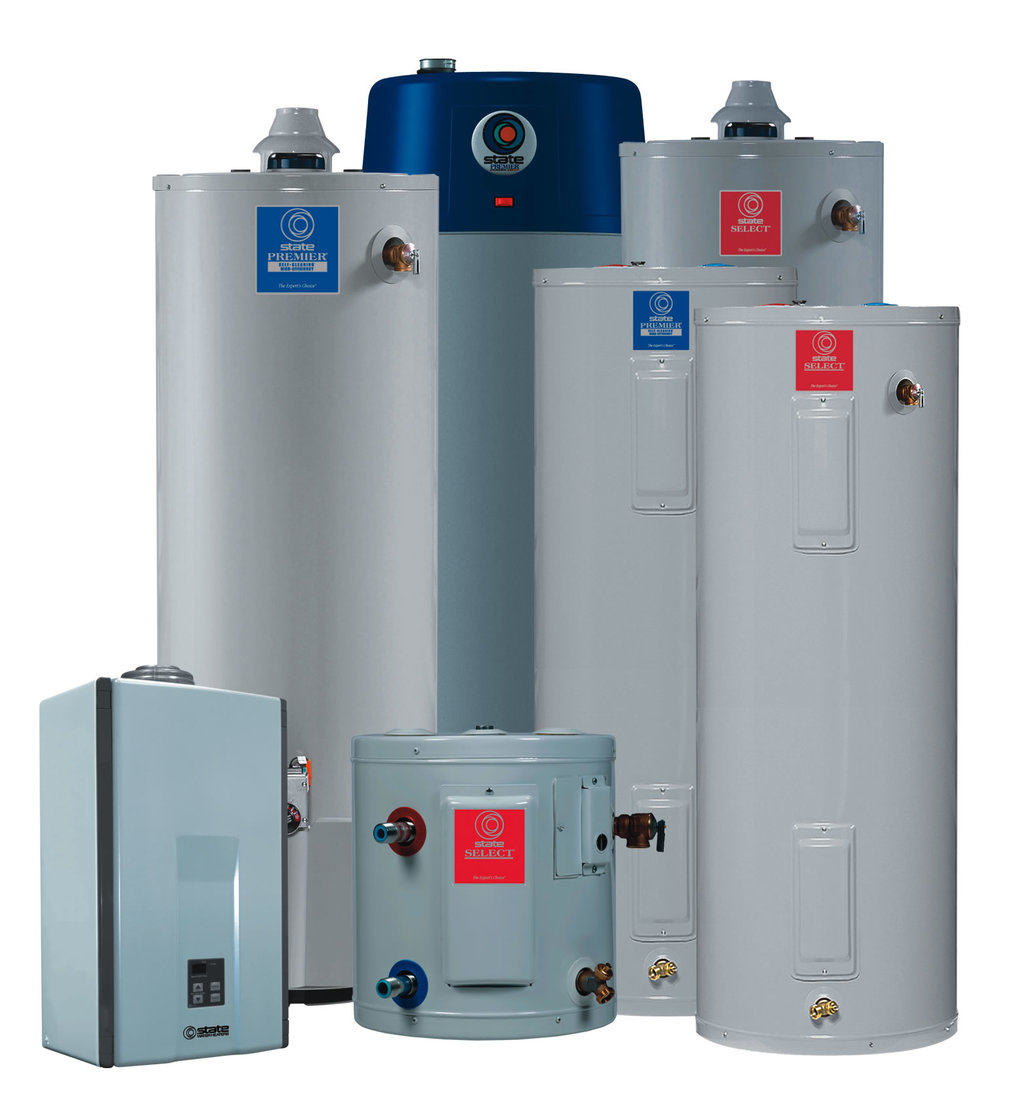Water heaters do not warrant must discussion, unless there is a problem. Most people, unless they work in the plumbing field are unaware of what to do if their heater starts to fail. Hot water is not only a want, but it is a need. There are four things that indicate a faulty system.
The Age of The Water Heater
With age, things start to break down and deteriorate; this is the normal pattern of life. The problem is most unskilled people, are unaware of how to locate the age of their heating systems. The manufacturer does provide the age of the unit on all heating systems. Deciphering what the unit’s age is can be daunting, if you are unsure what you are looking for.
The manufacturer’s sticker contains the unit’s serial number and age. The age of the unit is not written in standard date format. A general date code will look something like “G105023786”. Each letter and number represents a piece of a code.
G is used to represent the month that the system was made. G is the seventh letter in the alphabet, meaning the system was made in July. The following two digits represent the year. In this case, the system was made in July 2010. Water heaters should be replaced every ten years, so if your system is younger than its specified replacement age, consider water heater repair in DC.
Rusty Colored Water Is Released
Rusty colored water resembles a light colored can of soda. If you notice that the hot water that is released into your home has a brown color to it, this could mean it’s time to replace your water heater. Before calling a professional, drain some of the water out of the heater and see if the color changes. Fill up at least five gallons of hot water, and if by the third or fourth bucket, the rusty color remains, contact an expert.
Loud Rumbling Noise Escapes From The Water Heater
Built-up sediment is the primary reason why water heaters last ten years. Overtime, sediment will settle at the bottom of the tank, and this soft sediment will eventually begin hardening. When the hardening occurs, it is common to hear rumbling noises escape from the heater whenever it is attempting to heat water. The rumbling will progress into banging, signaling that the heater needs to be repaired or replaced.
The Water Heater Is Leaking
Moisture around a water heater can mean one of two things, one of the pipes feeding the water heater is busted or the heater has a slight fracture. Check all the pipes that are connected to the heating unit before narrowing the problem down to the water heater. If there is a crack or fracture in the tank, it will become evident quickly.
If all connections to the heating unit are dry, then the issue is the heater. The leak will typically occur whenever the heater is heating water. During the heating process, the metal will heat up causing the unit to expand, releasing any water from cracks. If the unit is leaking, calling for plumbing service and replacement is the only option.




